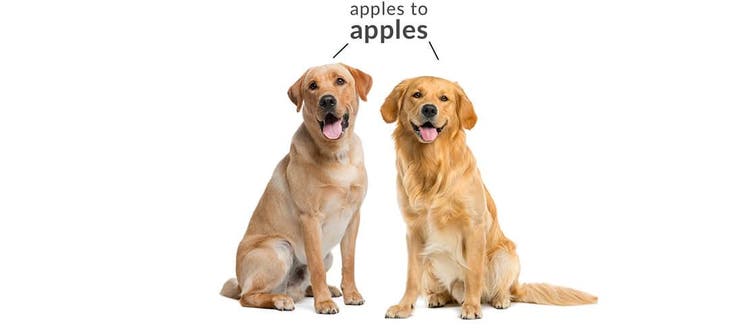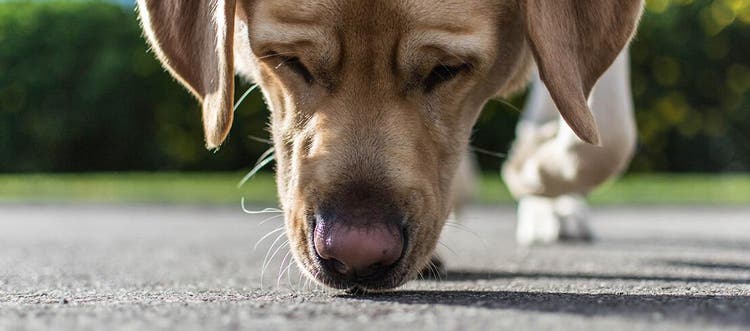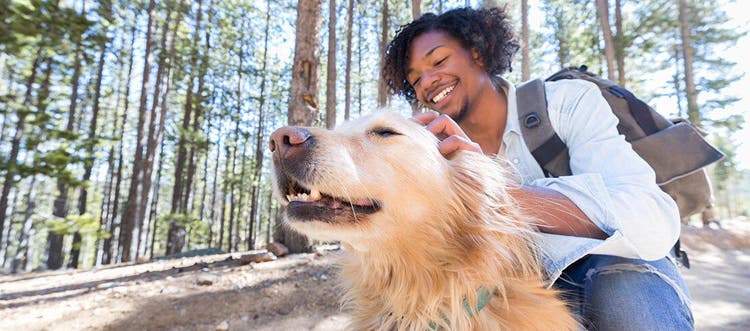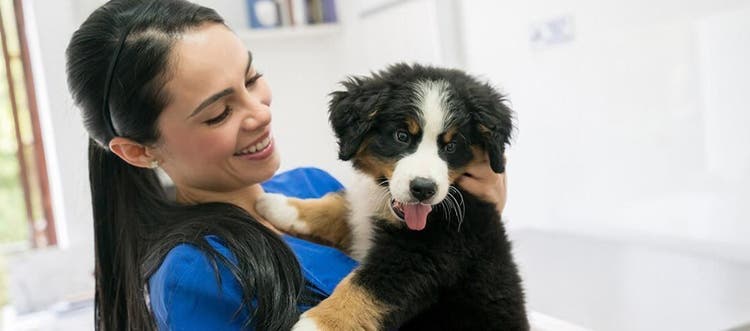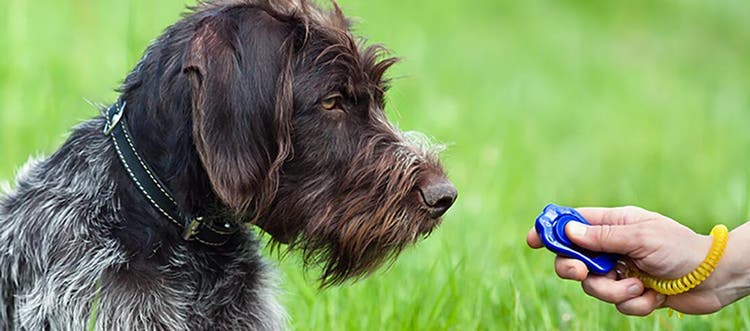Reviewed by Dr Abbie Lam
See the incredible development of a puppy inside its mother’s womb, and the remarkable changes it undergoes in its first few weeks of life.
The gestation period for dogs is approximately nine weeks, but during that time, the most incredible transformation occurs. And once the puppies are born, they undergo even more growth and development before joining you in their new home.
Dog pregnancy week by week: From fertilisation to foetus
Week 2
Once the egg is fertilised, the future puppy nestles inside its mother’s womb and begins a nine-week journey from only four cells to a puppy ready to be born. This four-celled being quickly multiplies to 64 cells, ready to form a head and spine.
Weeks 3-4
The foetus continues to multiply and develop, and at week 4, it grows a head, eyes and its first vertebrae. At this point, the dog foetus has nearly tripled in size. The foetus also develops its organs and may be seen in an ultrasound at the vet’s surgery.
Weeks 5-6
During weeks 5 and 6, the foetus starts to look more like a puppy, with toes, nails and whiskers. The foetus’s organs have completely developed, along with its skin colour. At the six-week mark, the foetus has sex organs and begins to develop into either a male or a female.
Weeks 7-8
Starting at week 7, the soon-to-be-pup’s skeleton has developed completely and may be seen clearly by ultrasound. In preparation for the birth, the mother will start to develop a bald spot on her stomach so that her pup can easily find where to feed from her nipples.
Week 9
From day 57, the beginning of Week 9, the puppy can safely be born, although dogs typically go into labour between days 60 to 63.
Not all puppies are born with the coat colour of adulthood. For example, Australian Cattle Dogs (red heeler, blue heelers) are all born predominantly white, except for any solid-coloured markings, and Dalmatian puppies are also born white, with spots starting to be more visible and develop as the puppies age.
Puppy development: From birth to 12-weeks
Puppies are born blind, deaf and toothless, and are unable to regulate their own body temperature for at least the first three weeks. A newborn pup depends on its mother and littermates for warmth and may also require additional environmental heat supplementation when necessary.
Week 1
A newborn puppy spends almost all their time sleeping. All their energy is used for feeding and growing, and their weight will usually double in the first 10 days. A newborn is unable to support its own weight yet, but can crawl and wiggle about by using their front legs.
Weeks 2-3
In the second week of life, the puppy’s ears and eyes open, giving it a whole new sense of the world. At this point, the pup becomes chattier and starts to test out its vocal skills with yelps, whines, and grunts. By week three, a newborn may take their first wobbly steps.
This is a time of rapid physical and sensory development for any puppy. They begin to play with their littermates, and their personalities start to become evident. The pups will also develop the ability to defecate and urinate on their own and the basics of toilet training can begin.
Weeks 4-8
Puppies may begin transitioning to solid food at around week 4 and all their baby teeth erupted at week 6. In weeks six to eight, a pup will learn to accept others as a part of the family. Staying with their mother and littermates at this stage helps a puppy learn useful social skills such as bite inhibition, how to understand and react to normal canine communication, and their place in doggy society.
Weeks 8-12
Many pups head off to their new homes between 8 and 12 weeks of age. This is a crucial period for socialisation, toilet and behavioural training. See our guide to proper puppy socialisation and behaviour training.
One of the most fun and challenging parts of bringing home your new puppy is finding the perfect name. Your puppy’s personality will be quickly developing, and this guide to naming a new dog can help you with the big decision.

